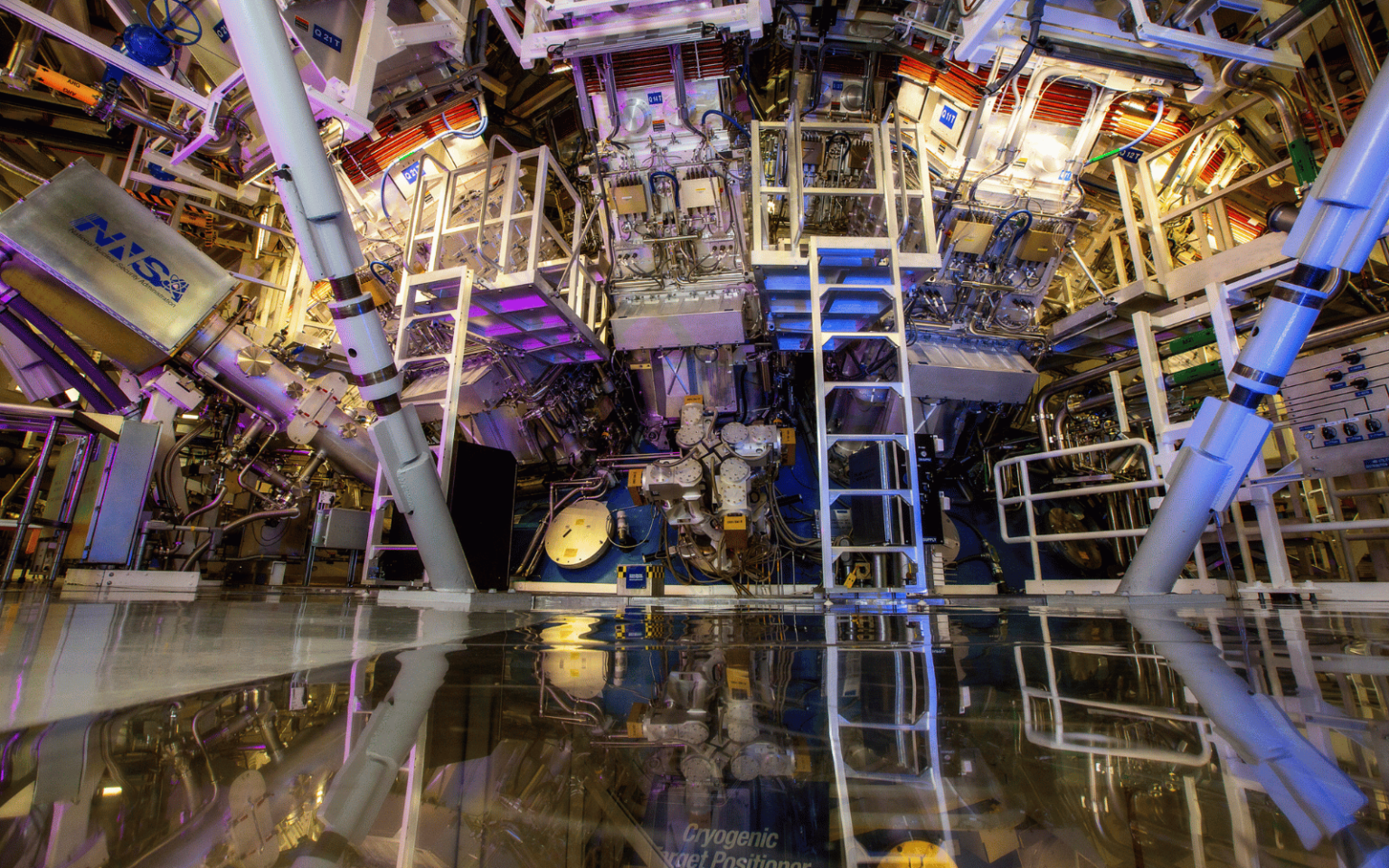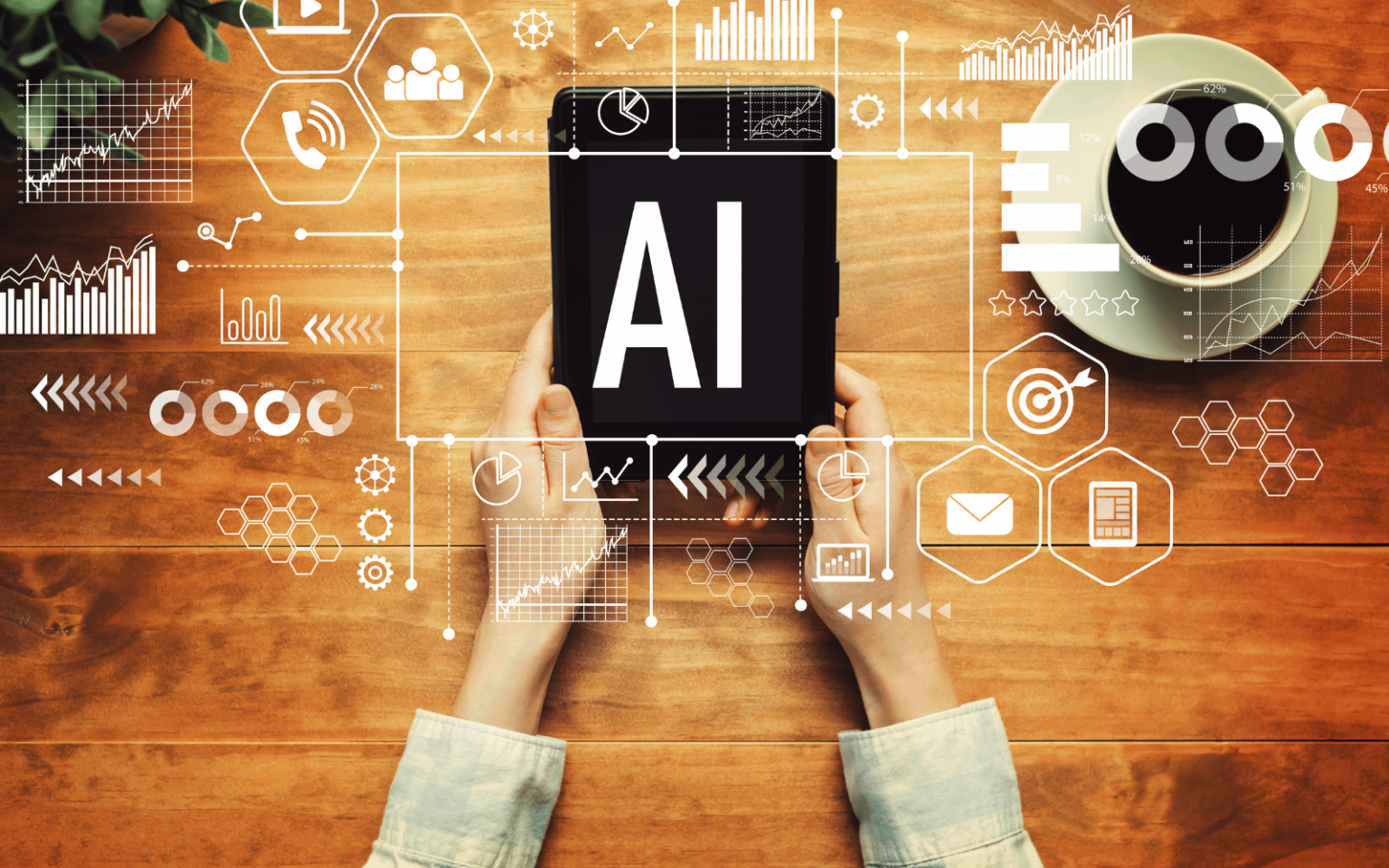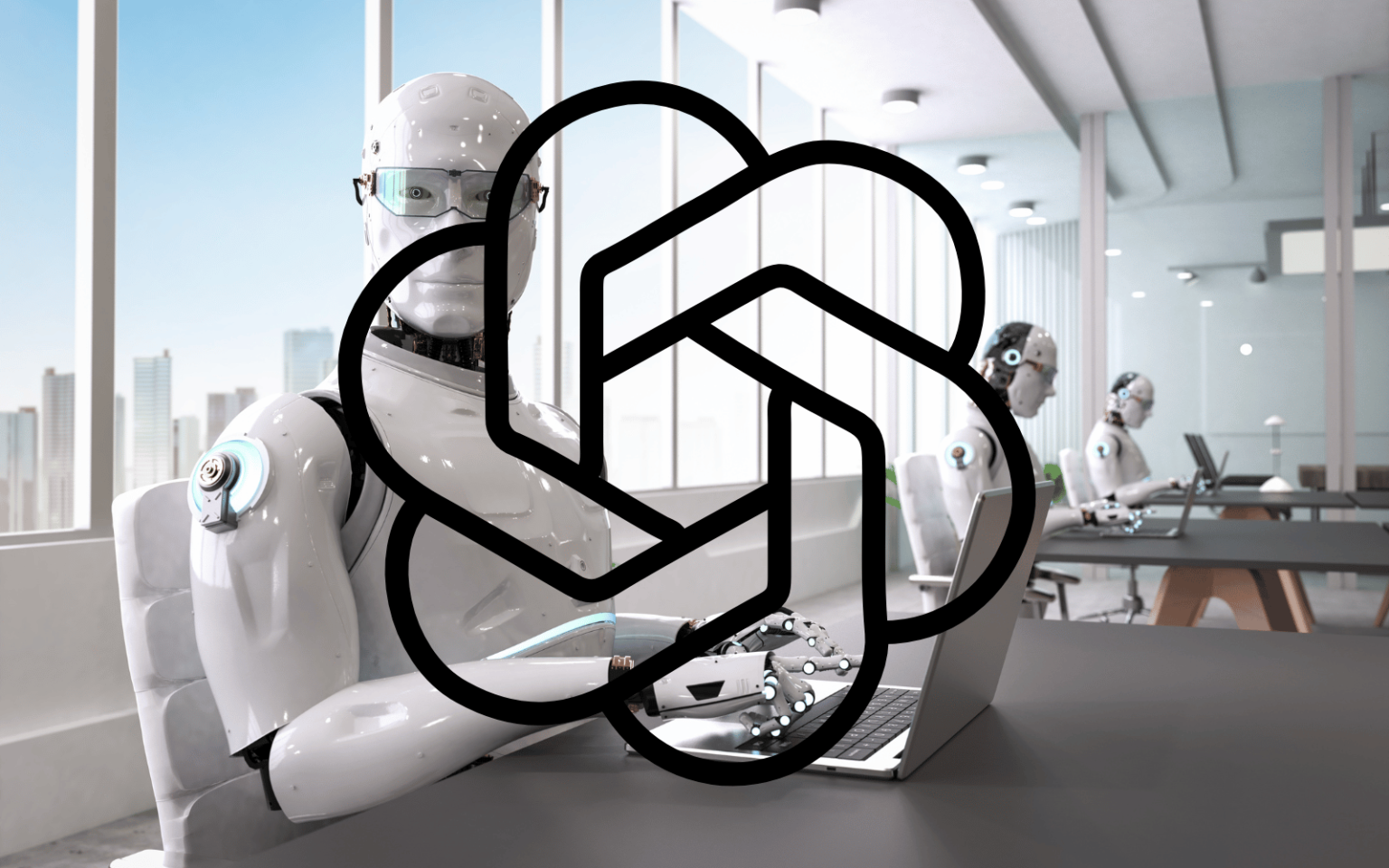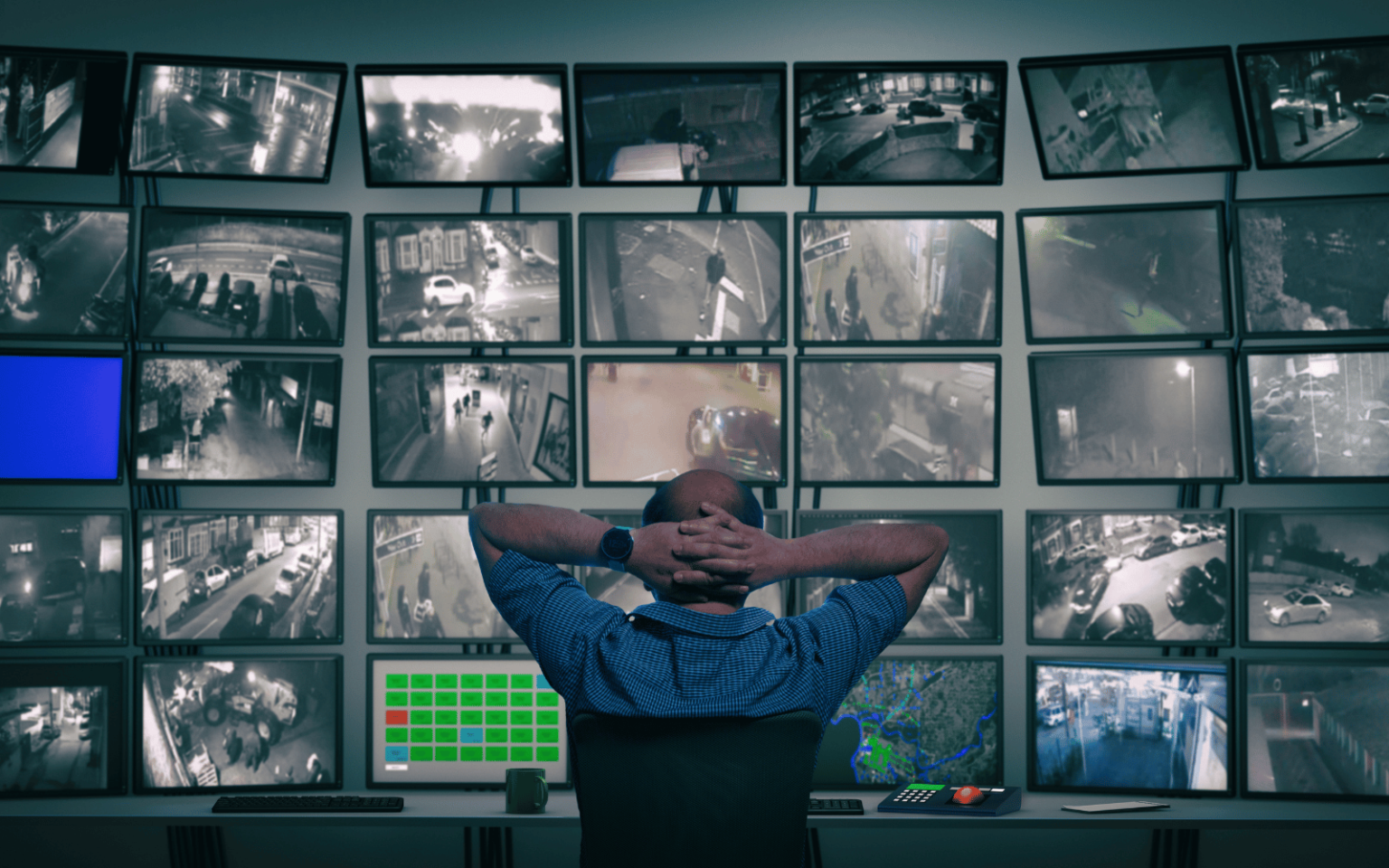The use of artificial intelligence (AI) and other automated decision-making tools in recruitment is on the rise among Australian organisations. However, research shows these tools may be unreliable and discriminatory, and in some cases rely on discredited science. At present, Australia has no specific laws to regulate how these tools operate or how organisations may use them. The closest thing we have is new guidance for employers in the public sector, issued by the Merit Protection Commissioner after overturning several automated promotion decisions. A first step The commissioner reviews promotion decisions in the Australian public sector to make sure they are lawful, fair and…
Author: The Conversation
Nuclear fusion holds huge promise as a source of clean, abundant energy that could power the world. Now, fusion researchers at a national laboratory in the US have achieved something physicists have been working towards for decades, a process known as “ignition”. This step involves getting more energy out from fusion reactions than is put in by a laser. But just how close are we to producing energy from fusion that can power people’s homes? While ignition is only a proof of principle and a first step in a very long process, other developments are also in the works and…
In August 1955, a group of scientists made a funding request for US$13,500 to host a summer workshop at Dartmouth College, New Hampshire. The field they proposed to explore was artificial intelligence (AI). While the funding request was humble, the conjecture of the researchers was not: “every aspect of learning or any other feature of intelligence can in principle be so precisely described that a machine can be made to simulate it”. Since these humble beginnings, movies and media have romanticised AI or cast it as a villain. Yet for most people, AI has remained as a point of discussion and…
If you want to know what happened in the earliest years of the universe, you are going to need a very big, very specialized telescope. Much to the joy of astronomers and space fans everywhere, the world has one – the James Webb Space Telescope. In this episode of “The Conversation Weekly,” we talk to three experts about what astronomers have learned about the first galaxies in the universe and how just six months of data from James Webb is already changing astronomy. The James Webb Space Telescope successfully launched into space on Dec. 25, 2021. After about six months of…
The International Space Station is no longer the only place where humans can live in orbit. On Nov. 29, 2022, the Shenzhou 15 mission launched from China’s Gobi Desert carrying three taikonauts – the Chinese word for astronauts. Six hours later, they reached their destination, China’s recently completed space station, called Tiangong, which means “heavenly palace” in Mandarin. The three taikonauts replaced the existing crew that helped wrap up construction. With this successful mission, China has become just the third nation to operate a permanent space station. China’s space station is an achievement that solidifies the country’s position alongside the U.S. and…
ChatGPT is the latest and most impressive artificially intelligent chatbot yet. It was released two weeks ago, and in just five days hit a million users. It’s being used so much that its servers have reached capacity several times. OpenAI, the company that developed it, is already being discussed as a potential Google slayer. Why look up something on a search engine when ChatGPT can write a whole paragraph explaining the answer? (There’s even a Chrome extension that lets you do both, side by side.) But what if we never know the secret sauce behind ChatGPT’s capabilities? The chatbot takes advantage of a…
Smart buildings, which are central to the concept of smart cities, are a new generation of buildings in which technological devices, such as sensors, are embedded in the structure of the buildings themselves. Smart buildings promise to personalize the experiences of their occupants by using real-time feedback mechanisms and forward-looking management of interactions between humans and the built environment. This personalization includes continuous monitoring of the activities of occupants and the use of sophisticated profiling models. While these issues spark concerns about privacy, this is a matter of not seeing the forest for the trees. The questions raised by the massive arrival…
For a multitude of reasons, Eskom CEO Andre de Ruyter’s resignation is a huge setback for the state-owned power utility and South Africa. It comes at a time when the utility, which produces 95% of the electricity used in the country, needs stable leadership. Stability is critical for success in the three key transitions Eskom needs to navigate. It needs to turn back the tide of state capture, and deliver a reliable electricity supply. It must reorganise the group into generation, distribution and transmission, and it must reduce its carbon footprint. Under De Ruyter’s leadership, some progress has been made in all three areas.…
A group of researchers studied 15 months of human mobility movement data taken from 1.5 million people and concluded that just four points in space and time were sufficient to identify 95% of them, even when the data weren’t of excellent quality. That was back in 2013. Nearly ten years on, surveillance technologies permeate all aspects of our lives. They collect swathes of data from us in various forms, and often without us knowing. I’m a surveillance researcher with a focus on technology governance. Here’s my round-up of widespread surveillance systems I think everyone should know about. CCTV and open-access cameras Although…
A dust devil looks a bit like a tornado, but is weaker and rarely lasts more than about a minute. It is a twisting column of warmed air scooting across sun-heated ground, made visible by the dust that it lofts upwards. Although usually benign, occasionally dust devils can kill. Dust devils have been known to appear on Mars since the 1970s. They have been observed both from the ground and from orbit. The more dust in the Martian atmosphere, the warmer and more agitated it becomes, and this can escalate into a global dust storm. When the dust settles, it can coat and disable…










